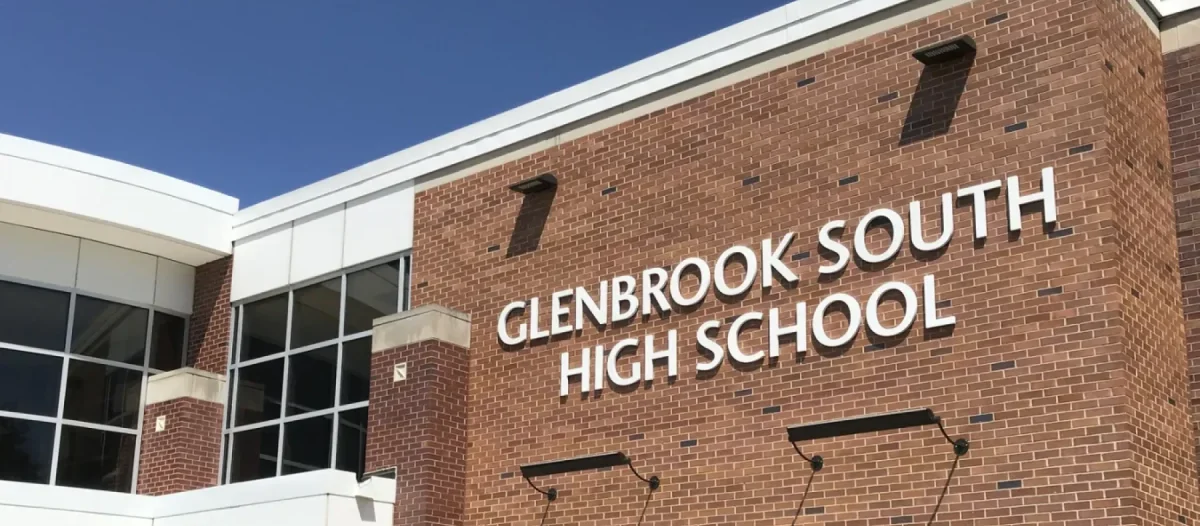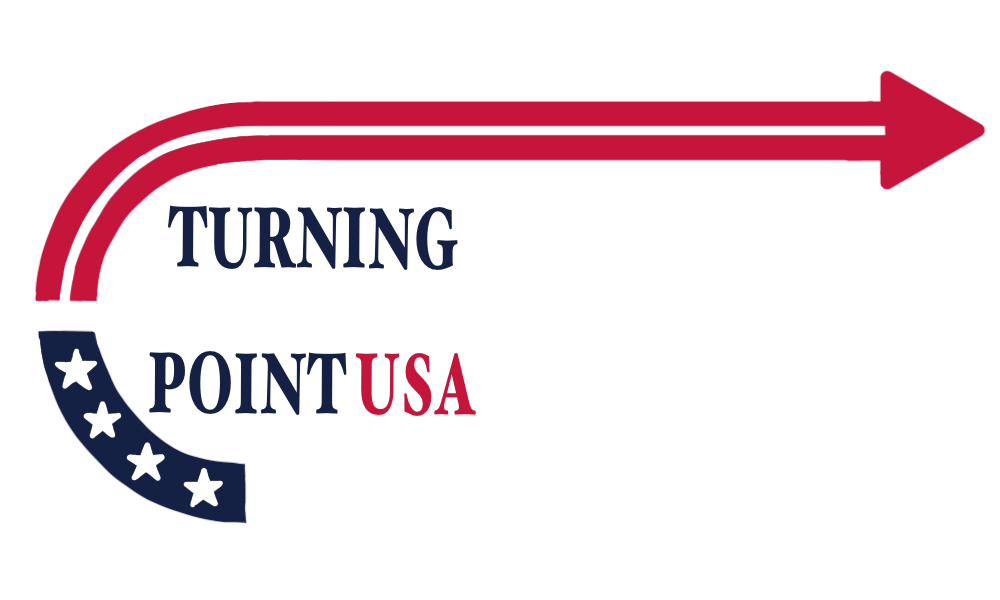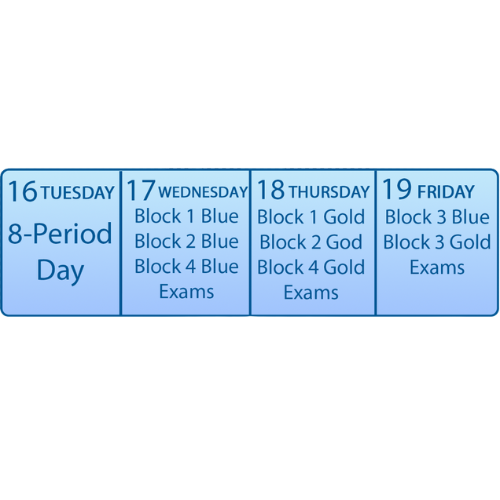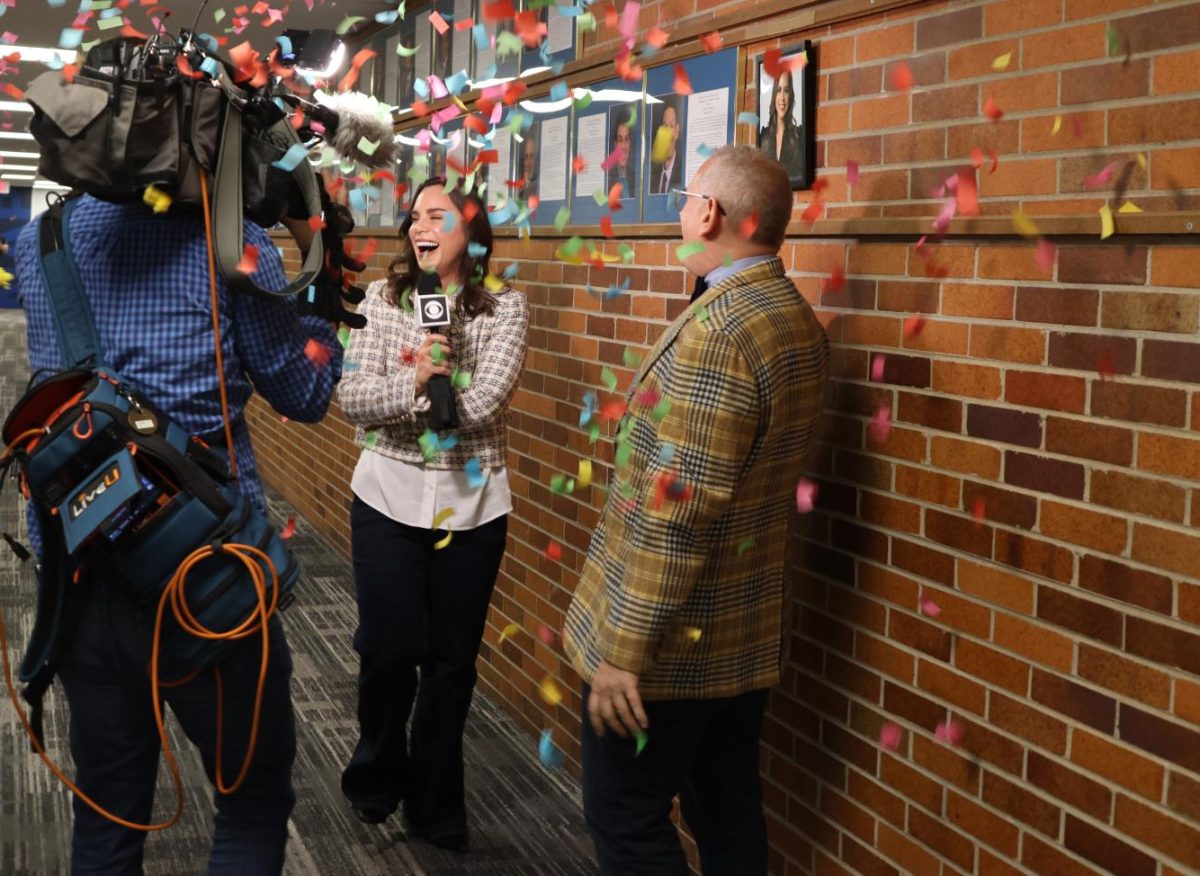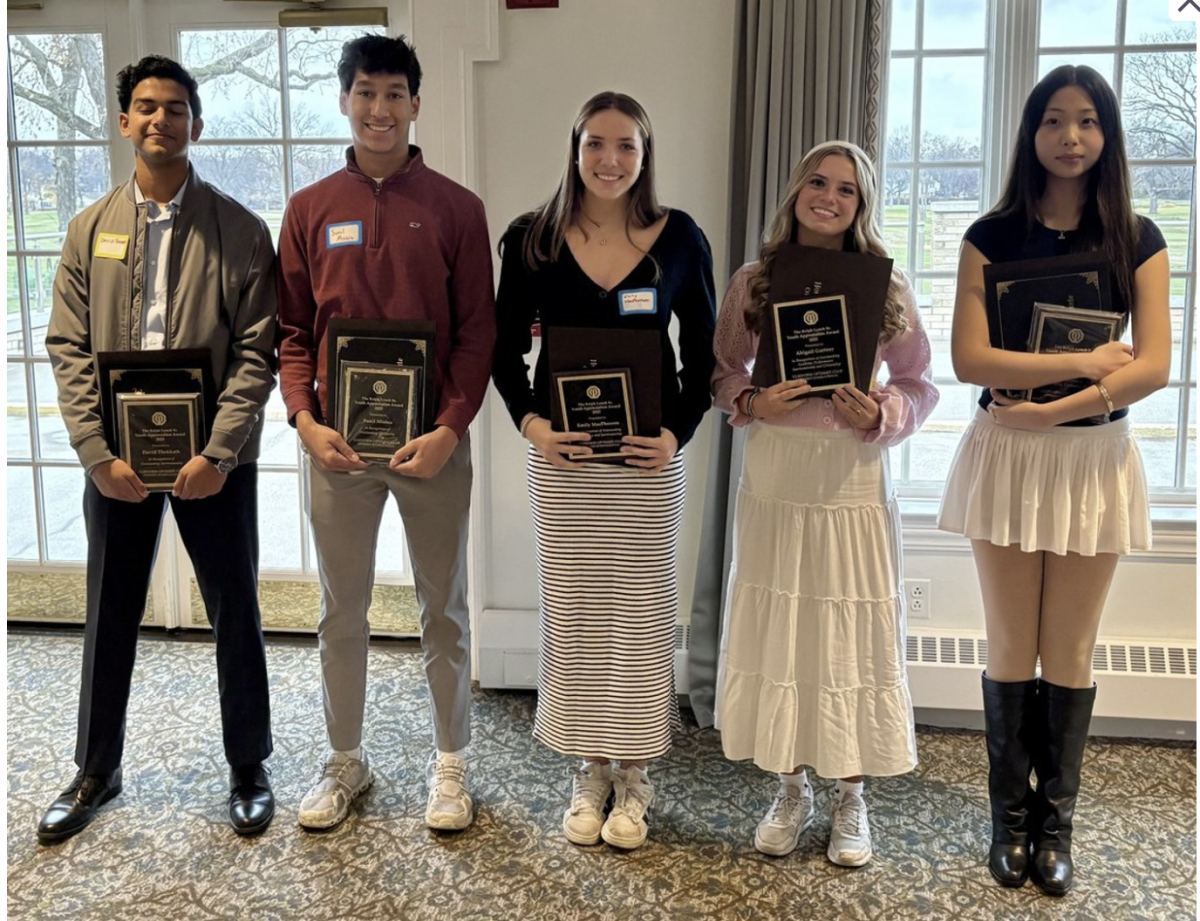Illinois teenagers who will be 18 by the November general election are now able to vote in the March 18 primary election, according to House Bill no. 226.
Previously, voters had to be 18 years old to vote in primary elections, according to Laura Fine, representative from Illinois’ 17th district. Illinois is one of more than 20 states where 17-year-olds vote. Fine felt that younger votes would positively affect the election process.
“There are teens that will take on this responsibility and be very serious about it,” Fine said.
The motivation behind the bill was that if 17-year-olds would be voting in November, they had a right to choose who they could vote for in the primary election, according to Fine. The bill may also boost primary voter turnout, which has been low in recent years. According to CBS Local, turnout for the 2012 primary election in Chicago was the lowest in 70 years.
David Kane, political science teacher, does not think that the law will drastically impact the turnout rate, but he still thinks it is a valuable change.
“Anything that enables people that want to vote is good for a democracy,” Kane said. “I strongly believe that democracies can only succeed in the long run if people are vested in the process by either voting or getting involved.”
Fine said that lawmakers are going to ‘wait and see’ how the change affects the elections, but if turnout does increase, it could shift which issues are emphasized in the election.
“I think our elected officials realize this is a big voting bloc, they’re very interested in the process, and maybe some more of the issues that are important to [younger voters] will become the ‘number one’ issue,” Fine said.
Eligible South students can vote for the candidate they want to see on the ballot in November for offices including national Senator and Representatives, Governor, and state Senators and Representatives. In 2016, this will extend to presidential primaries.
South Political Science classes will host a voter registration drive on Feb. 6 to encourage students to register, according to Kane. According to Illinois law, voters must be registered to vote, but they do not have to register with a political party.
South students expressed mixed opinions about the law, according to an Oracle-conducted survey of 84 eligible voters. Some students, like senior Calie Nowak, feel younger voters may be too uninformed and influenced by their families.
“The majority of people younger than 18 are heavily biased by their parents’ views,” Nowak said. “Voters should have their own opinions and should vote based on their own moral principles.”
The majority of eligible South voters intend to vote in the primary election, according to the survey. Senior Lizzie Baetz, able to vote because of the law, believes the change is positive. Baetz feels that because younger citizens will face the ramifications of political decisions made today, they should have a say in the decisions.
Baetz believes that only those who are educated about the political process would make the effort to register to vote; thus, younger voters are not inherently biased.
“Younger voters have fewer-to-no past voting decisions that would influence their voting in the present,” Baetz said. “In other words, younger voters do not have a history of party loyalty that may make them choose a candidate purely because of that candidate’s party association rather than the nuances of [his or her] unique combination of opinions.”
Fine believes that voters will have access to enough information from teachers and other sources to be informed voters.
The deadline to register for the March 18 primary is Feb. 18.



